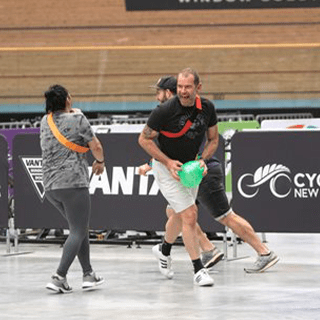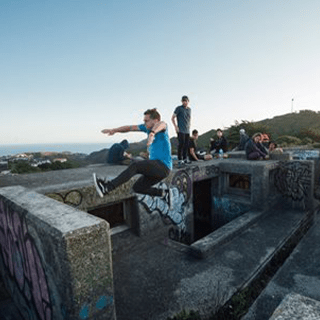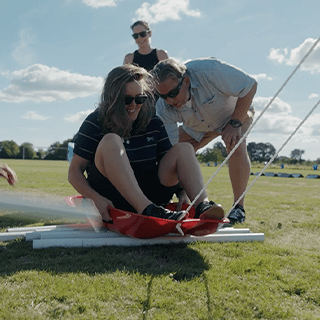A New Year’s REVolution:
How do we Challenge Resolution Culture and the Pursuit of Perfection?
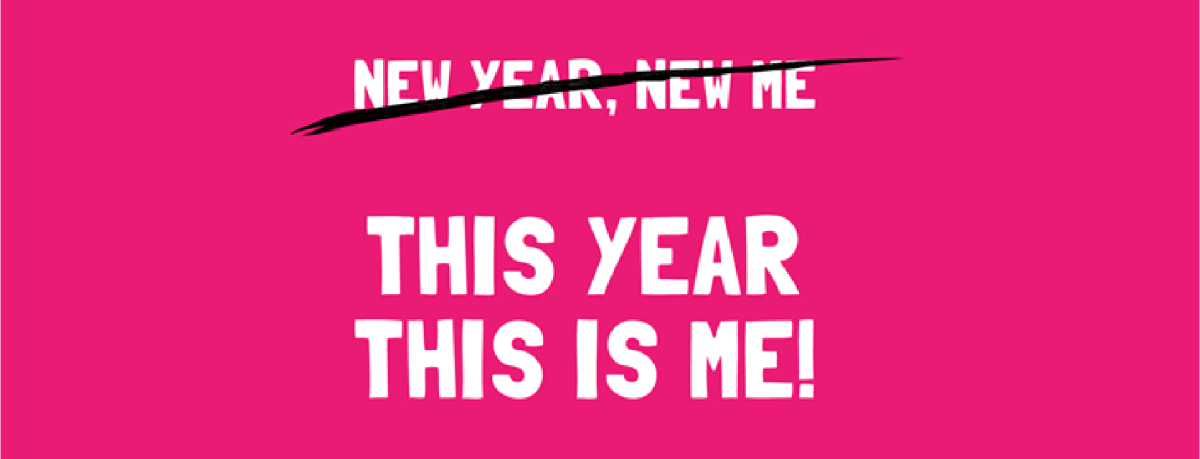
As I scrolled through Instagram on New Year’s Day, my feed was filled with posts from friends and influencers outlining goals, hopes and dreams for 2022. I think we can all agree that New Year’s resolutions are a staple part of welcoming in another year.
But while there’s a definite appeal in reflecting on the year that has been and assessing how things could be different, resolutions framed as a ‘fresh start’ are in danger of becoming tasks that constantly remind us that we aren’t good enough and need to be better.
This, in and of itself, is not unhealthy, but it’s what we set our sights on achieving that can have a toxic impact.
We live in a time when women and girls are told that they can be and do anything, in a country with a rich history of women’s rights achievements. Still, women and girls navigate messaging that tells them to be themselves and love their bodies, amid unrelatable (and often unattainable!) images of the ‘perfect body’.
I’m not being dramatic when I say that it’s hard to be a consistently confident, self-loving female.
‘New Year, New Me’ has become the mantra of millennials and Gen Zers alike, referencing a somewhat shallow engagement in personal reflection. Instead of genuinely reflecting, there’s a tendency to skip straight to establishing the end goal without enjoying the journey.
For women, New Year’s resolutions often focus heavily on diet and exercise, underpinned by a focus on appearance and primarily, weight loss. “I’m going to exercise more”, “I’m going to eat healthy”, and “I want to lose weight” are common resolutions. And society plays into that with special offers at gyms, influencers promoting workouts and supplements, and ads for well-established diets.
The need to reinvent our habits disguises the want to reinvent ourselves. It’s the pressure placed on women and girls to be and look better that we need to rethink.
New Year’s resolutions only shed light on this issue for a short time. Year round, women and girls are confronted with messaging that explicitly tells them that by looking better, they will feel better. Females are influenced by unrelatable imagery and messaging that bring individual insecurities to the surface and fuel feelings of inadequacy.
I know what some of you are thinking – it used to be much worse, and I don’t disagree. In an interview with British Vogue in 2020, Serena Williams spoke about the increased representation of diverse women in media and her relationship with her own body image.
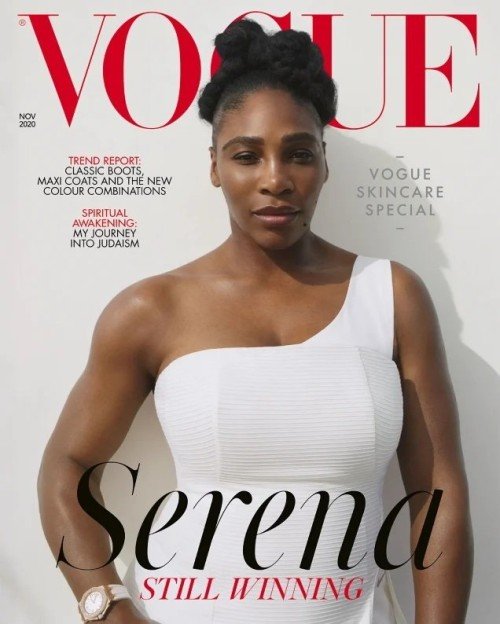
“When I was growing up, what was celebrated was different… I didn't see people on TV that looked like me, who were thick. There wasn't a positive body image”.
There has been a measurable increase in the portrayal of diverse females and bodies in media, but it is important to acknowledge that this diversity hasn’t significantly disrupted the societal ideal of ‘perfection’. It has simply extended our vocabulary. Images of Serena in a bikini in 2021 were labelled as ‘body positive’; a term not typically attributed to traditional portrayals of thin and toned females.
In sport and active recreation, social confidence and appearance related concerns have been identified as barriers that contribute to low participation rates among women and girls. Research has shown that less than 50% of females do enough physical activity to positively impact their health. And yet in the Waikato region, 65% of young women and 76% of women want to be doing more.
In high school, I was one of the girls who wore shorts over my togs at swimming sports, mainly because of body insecurities. The thought of having to wear togs at all caused—and at times still does cause—a fair bit of anxiety.
At Sport Waikato, through our targeted women and girls initiative, This is ME®, we are working to dismantle societal understandings of ‘perfection’ and empower women and girls to love their bodies and what they can do, through the vehicle of physical activity.
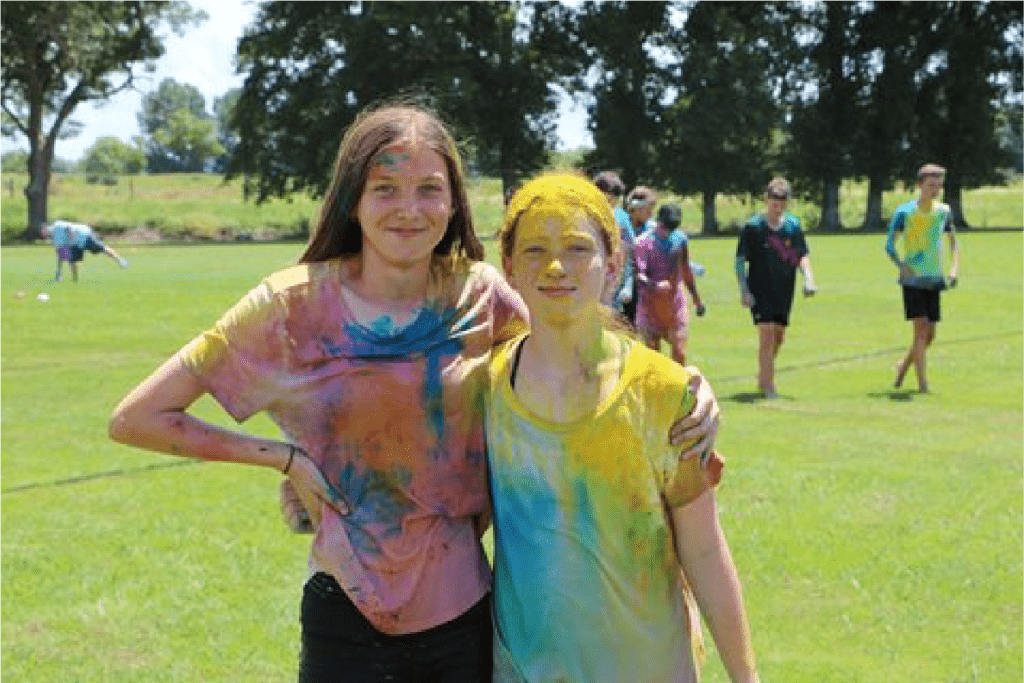
This is ME® is a celebration of females getting out there and moving with confidence, being themselves, having fun, and supporting each other. We use Facebook and Instagram to cut through the confusion and connect women and girls to positive messages and imagery that showcases females like them moving their bodies, their way.
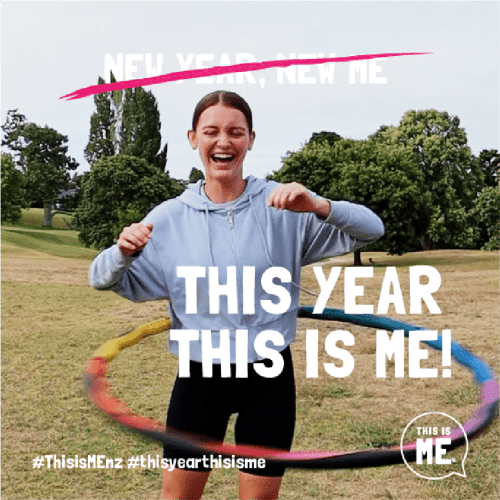
In 2022, the team at This is ME® are launching a social media campaign called ‘New Year, New Me’. This year, This is ME®, in response to a much needed New Year’s Revolution for women and girls. The campaign will encourage women and girls to embrace their bodies, focus on their overall wellbeing, and empower them to find and participate in forms of movement that they enjoy.
Follow This is ME® on Facebook and Instagram to join the movement.
